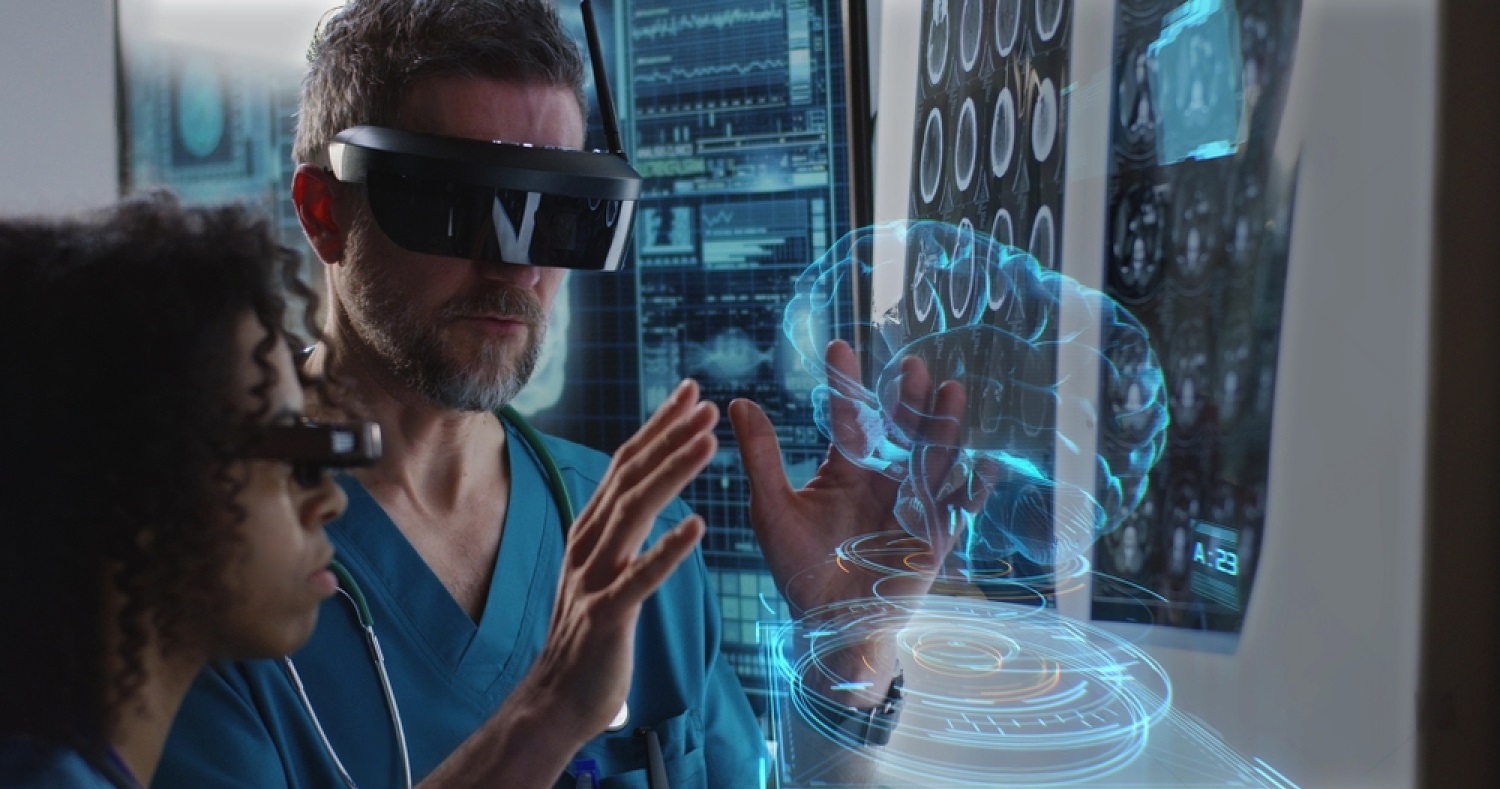In an era marked by rapid technological evolution and groundbreaking scientific discoveries, the healthcare sector stands on the brink of a revolution that promises to transform the way we approach medicine. From innovative treatment methods to cutting-edge diagnostic tools, the future of healthcare holds unprecedented potential to enhance patient outcomes and revolutionize the field. This article explores some of the most promising trailblazing advances in healthcare, shedding light on the exciting possibilities that lie ahead.
Precision Medicine: Tailoring Treatments to Individuals
One of the most significant strides in healthcare is the advent of precision medicine, a groundbreaking approach that recognizes that every patient is unique and therefore requires a personalized treatment plan. Gone are the days of one-size-fits-all therapies – precision medicine takes into account an individual’s genetic makeup, lifestyle, and environmental factors to design treatments that are highly targeted and effective.
Precision medicine has already shown remarkable success in the treatment of various cancers. By analyzing the genetic mutations driving the disease, oncologists can prescribe medications that specifically target those mutations, leading to improved outcomes and reduced side effects. Beyond oncology, this approach is poised to transform the management of chronic diseases like diabetes and cardiovascular disorders.
AI and Big Data: Revolutionizing Diagnosis and Treatment
Artificial Intelligence (AI) and Big Data are two powerful tools that are reshaping the healthcare landscape. AI algorithms can analyze vast amounts of medical data to identify patterns, predict disease progression, and even assist in diagnosing complex conditions. This level of computational power has the potential to significantly expedite the diagnostic process, enabling physicians to make more informed decisions.
Furthermore, AI-driven robotic surgery is making waves in the operating room. Surgeons can now use robotic assistance to perform intricate procedures with unmatched precision, minimizing invasiveness and reducing patient recovery times. The convergence of AI and healthcare is not only enhancing medical practices but also holding promise for drug discovery and development.
Telemedicine: Bridging Gaps in Access to Care
The COVID-19 pandemic accelerated the adoption of telemedicine, a technology that allows patients to consult with healthcare providers remotely. This advancement has proven instrumental in ensuring continued care during lockdowns and for patients in remote or underserved areas. Virtual consultations have not only curbed the spread of infectious diseases but also provided a convenient avenue for routine medical visits.
Telemedicine’s potential extends beyond consultations. Remote patient monitoring through wearable devices enables healthcare professionals to track vital signs and chronic conditions in real-time, allowing for early intervention and reducing hospital readmissions. As technology improves, telemedicine is poised to become an integral part of the future healthcare landscape, enhancing accessibility and patient engagement.
Regenerative Medicine: Unlocking the Body’s Healing Potential
Regenerative medicine holds the promise of harnessing the body’s own healing mechanisms to repair and replace damaged tissues and organs. Stem cell therapy, for instance, has shown remarkable potential in treating conditions such as spinal cord injuries, neurodegenerative disorders, and heart damage. By guiding stem cells to differentiate into specific cell types, scientists can facilitate tissue regeneration and functional recovery.
Beyond stem cells, 3D bioprinting is a burgeoning field that allows scientists to create functional tissues and even organs layer by layer. This innovation could alleviate the organ shortage crisis, reducing the dependency on organ transplantation and the associated challenges. While regenerative medicine is still in its infancy, the strides made so far hint at a future where tissue and organ transplantation could be replaced by tissue regeneration.
Nanomedicine: Revolutionizing Drug Delivery
The field of nanomedicine has opened up new frontiers in drug delivery and targeted therapies. Nanoparticles can be engineered to carry drugs directly to specific cells or tissues, minimizing side effects and maximizing therapeutic effects. This approach is particularly promising in cancer treatment, where nanoparticles can selectively deliver chemotherapy agents to tumor cells while sparing healthy tissue.
Additionally, nanotechnology has enabled the development of wearable devices and sensors that continuously monitor a patient’s health metrics. These devices can provide real-time feedback to both patients and healthcare providers, facilitating early intervention and preventive care strategies.
Takeaway
The future of healthcare is characterized by trailblazing advances that promise to reshape the landscape of medicine as we know it. From precision medicine tailoring treatments to individuals, to the integration of AI and Big Data in diagnosis and treatment, to the accessibility of telemedicine, the possibilities are nothing short of extraordinary. The potential of regenerative medicine to unlock the body’s healing potential and the revolutionary impact of nanomedicine in drug delivery further underscore the exciting journey ahead.
As these advancements continue to gain momentum, it’s imperative that healthcare professionals, researchers, policymakers, and society at large collaborate to ensure that these technologies are harnessed for the greater good. Ethical considerations, regulatory frameworks, and equitable access must be at the forefront of these discussions, ensuring that the future of medicine remains not only groundbreaking but also socially responsible and patient-centric. With these pioneering strides, the future of healthcare is poised to be brighter and more transformative than ever before.




